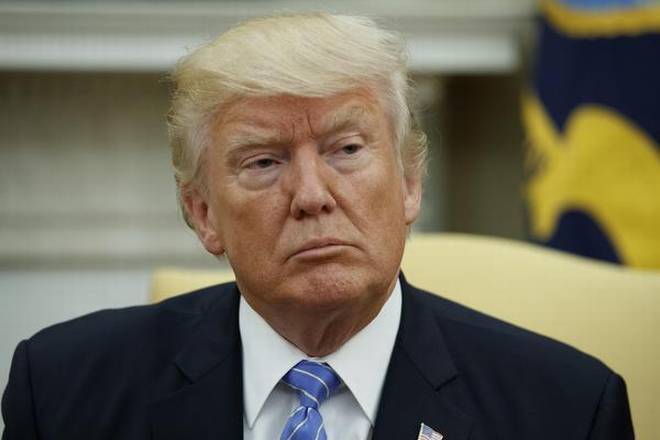
BY MISHMA CHAKANYUKA
THE United States (US) government has said in a report that Zimbabwe is still lagging behind in terms of fiscal transparency.
The 2019 Fiscal Transparency Report, which was prepared by the US State Department of State, assesses a country’s minimum fiscal transparency requirements and reviewed the period running from January 1 to December 31, 2018.
Zimbabwe was among the 67 countries out of a total of 141 governments that did not meet the minimum requirements for fiscal transparency.
The Zimbabwe government managed to make its executive budget proposal, enacted budget, and end-of-year report publicly available online within a reasonable period of time, the budget documents did not include a clear picture of revenue streams, the report noted.
“Information on debt obligations was publicly available in hard copy for free from the Papers Office of the Parliament. Publicly available budget documents did not include a substantially complete picture of revenue streams, including natural resource revenues. The budget included aggregate allocations to, but not earnings from, State-owned enterprises,” part of the report reads.
“Significant, large State-owned enterprises did not have audited financial statements. The information in the budget was considered generally unreliable, as actual revenue and expenditure deviated significantly from the enacted budget largely because of the government’s unrealistic assumptions about growth during the budgeting process. The government did not produce a supplemental budget or the 2017 annual budget review statement, which would have assessed revenue and expenditure outcomes.”
An example of government’s lack of fiscal transparency includes the recently released 2019 mid-term budget review statement.
- Chamisa under fire over US$120K donation
- Mavhunga puts DeMbare into Chibuku quarterfinals
- Pension funds bet on Cabora Bassa oilfields
- Councils defy govt fire tender directive
Keep Reading
Originally, in the 2019 national budget, an amount of US$10,31 billion was proposed as government spending for the year, up from nearly US$7 billion for 2018. Yet in the recently released 2019 mid-term budget review statement, a budget surplus of between ZW$803,6 million was recorded between January and June, with no indication on where the cuts were made.
During the reviewed period, the US State Department found that Zimbabwe’s intelligence budget was not part of the public budget and no procedures were put in place to permit Parliament to review it.
“Zimbabwe’s supreme audit institution reviewed the government’s accounts and made its report publicly available within a reasonable period of time. The criteria and procedures by which the national government awards natural resource extraction contracts or licenses were specified in law,” the 2019 fiscal transparency report further reads.
“The government appeared to follow the law in practice, except in the diamond sector, where it is unclear if the laws are followed in practice. Basic information on mining concessions was not publicly available.”
The US State Department made several recommendations on how the Zimbabwean government could improve its fiscal transparency.
These include providing a complete picture of revenues and expenditures, including revenues from natural resources; detailing expenditures to and revenues from State-owned enterprises; making full audit reports for large State-owned enterprises publicly available; and following practice laws and regulations governing natural resource extraction, contracting and licensing.
“For the purpose of this report, the minimum requirements of fiscal transparency include having key budget documents that are publicly available, substantially complete, and generally reliable. The review includes an assessment of the transparency of processes for awarding government contracts and licences for natural resource extraction,” the report recommended.
“Fiscal transparency is a critical element of effective public financial management, helps build market confidence, and underpins economic sustainability.
Fiscal transparency fosters greater government accountability by providing a window into government budgets for citizens, helping citizens hold their leadership accountable, and facilitating better-informed public debate.”











